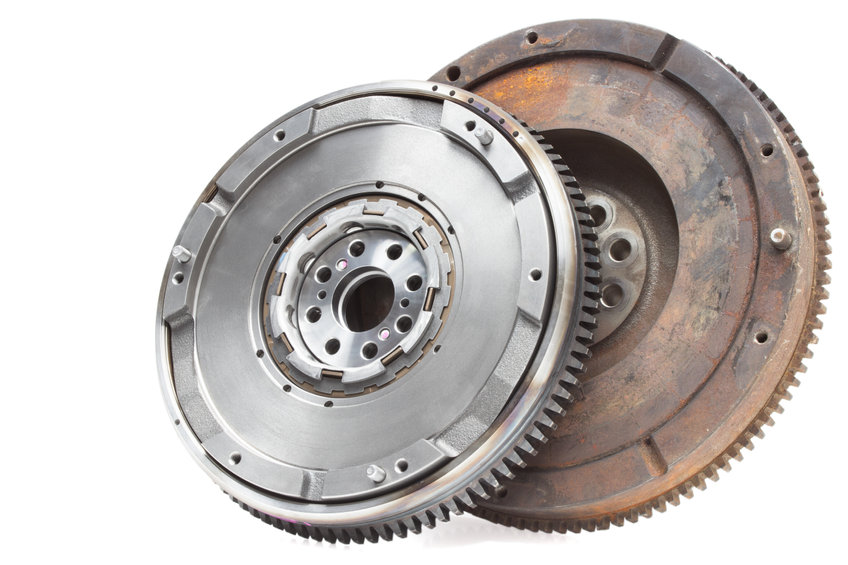Aluminum blocks are popularly known for their stock and performance applications. The engine block consists of metal made of aluminum. Inside the engine block is a cylinder that is round in shape and smooth to enable the pistons to move with ease. To avoid friction, the cylinder is lubricated with oil. Because of all this movement, the metal ends up creating a lot of heat and this is answers the question asked by many, why cars overheat. This article gives details regarding the aluminum block of an engine and whether it can crack.
Symptoms of a Cracked Engine Block
A cracked engine block can be hard to identify. In most cases, you cannot even see it with your own eyes. You will only be able to see it when you see oils on the other side of it.

The most recognized symptom of an engine is at the exterior part of it. It could be at the coolant or the oil leaks. It can also be on the inside part of it that is between the oil galleries and the coolant passages, causing a mixture between the oil and the antifreeze. The two fluids are not compatible hence if they mix, they will cause a problem.
The leakage of fluids from your car is hardly noticeable at first, but it can get worse with time. Furthermore, the most noticeable symptom of a cracked engine is when the problem worsens. When the damage is bad, is when you will notice smoke from the engine. That signifies your car is overheating and that there is a problem with your engine.
Causes of Engine Cracks
A cracked engine is usually caused by high temperatures. In areas where there are high temperatures, then it is most likely for the engine to crack. The engine overheats faster in these kinds of places. Overheating comes about when the heat causes the cylinder head to warp. The more the temperature increases, the worse it gets causing more problems by cracking the cylinder head either internally or externally.
In addition, a cracked engine is not only caused by high temperatures but also cold weather. In cold weather, the crack is caused by freezing. The freezing causes the strength of the coolant to be low and not at par as expected. When the coolant of the engine freezes, it expands pushing against the metal surrounding it. It then causes a crack on the block, which causes failure of the cooling system.
How to Repair a Cracked Engine
A cracked engine can be fixed, but the process is not easy. Moreover, finding someone who knows how to repair is even more difficult. Few people know how to repair a cracked engine, and they are rarely found. The process involved in repairing takes hours, and there is a higher chance of failure. So the repair process is not an assurance that your car will get fixed.
To fix a cracked engine, first, you have to strip your engine. Every part has to be removed from the engine block. Once everything has been removed, the engine block has to go through a pressure test to determine if the engine’s level of repair and viability. The crack can be welded or the mechanic can insert repair plugs inside the crack.
If your cracked engine block can be repaired, then you are lucky. The process is rigorous and costly. In some cases, it cost more to repair a cracked block than to get an entirely new engine. Also, put in mind that there will be new items that you will need to buy. These items include new bearings, gaskets, seals, and new routine service parts and fluids. In addition, during the removal of the engine, there could be components that have broken or rotted hence replacement will be required. Also, ensure your cylinder head has no damage before the repair is complete and it is too late to change. However, if you need to change it, then that will be a whole other process.
It is obvious that an engine crack is scary. As much as the problem can be solved, there is still the cost of repair. The cost of an engine repair is higher than even repair of any other part of the car. Although there is no specified formula to avoid a cracked engine, you can make sure to service your car at the expected time and check your coolant and oil levels occasionally. Having your vehicle serviced enables you to identify problems within your car at an early stage before it gets worse.
